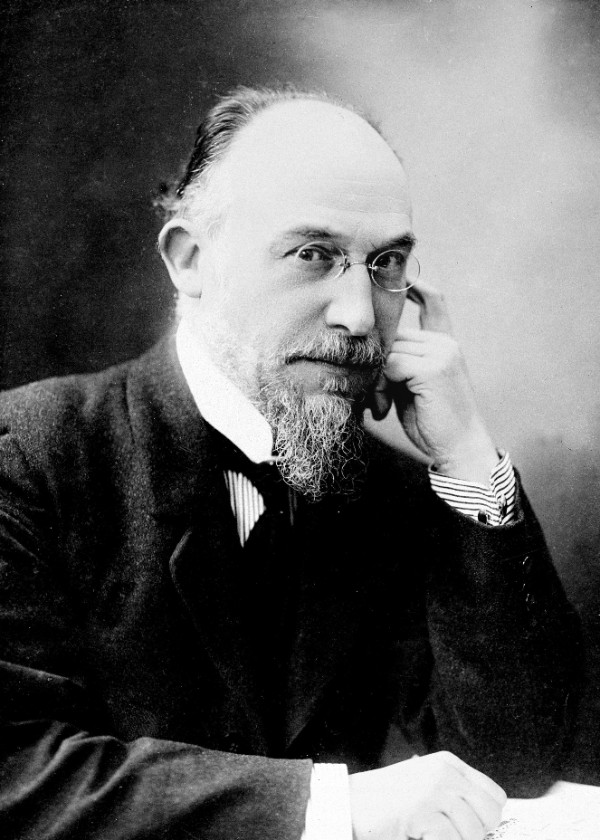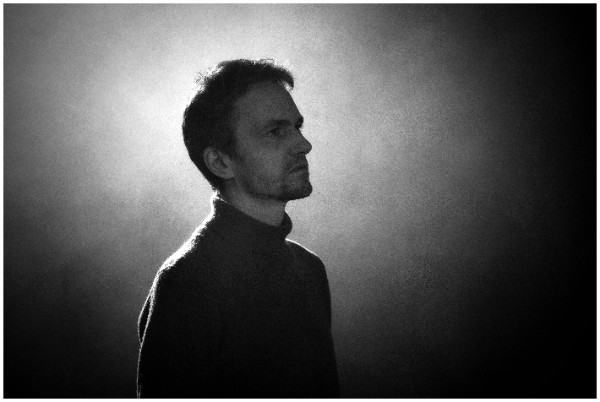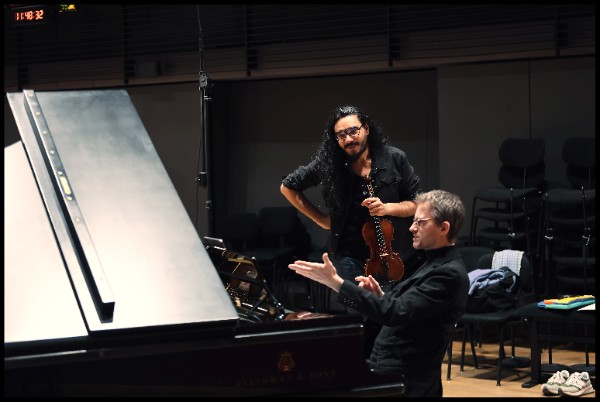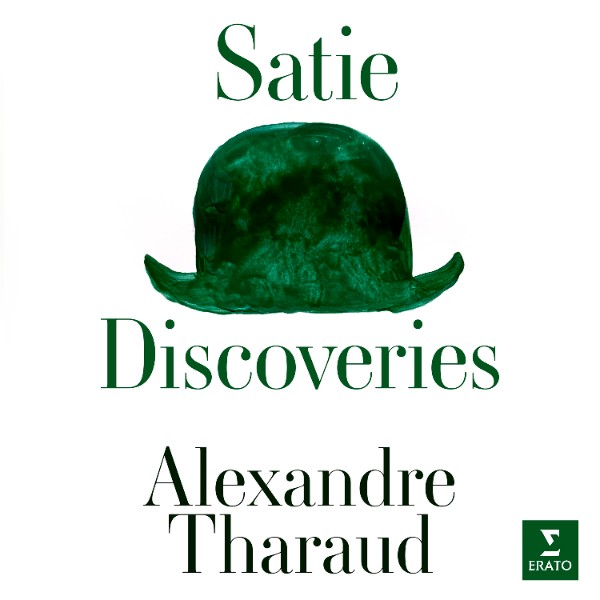To coincide with the centenary of Erik Satie’s death on 1 July 1925, Erato has released 27 never-before-heard works by the eccentric French composer. This landmark digital album, Satie: Discoveries, performed by acclaimed pianist Alexandre Tharaud, offers an unprecedented glimpse into one of music’s most enigmatic figures.

Erik Satie
The discovery of these lost works is the result of painstaking musicological research by Sato Matsui, a Japanese composer and violinist, and British musicologist and composer James Nye. They independently tracked down forgotten manuscripts and unfinished sketches, often ideas which occurred to the composer while walking to Paris from the suburb of Arcueil where he lived, and jotted them down in little notebooks. From these fragments, Matsui and Nye carefully reconstructed Satie’s sketches into fully performable scores (some of these scores are also slated for future publication by Éditions de la Fabrique Musique).

Alexandre Tharaud © Askonas Holt
This new release presents a wide spectrum of Satie’s compositional styles, shedding significant new light on his career and musical output. Many pieces were originally composed for performance in the Bohemian cafés of Montmartre, where Satie worked as a pianist. This “café style” is most evident in pieces such as Mélodie and the works from the operetta Pousse l’amour, which really conjure up the world of bohemian Paris at the end of the nineteenth century.
The album also contains music similar to Satie’s perennially popular Gymnopédies and Gnossiennes, such as Réflexions nocturnes and Autour du 1st Nocturne. Other works embrace familiar dance forms, including several Parisian Valses, and elements of café-concert songs and operetta arias, exemplified by Le Champagne and Chanson andalouse. A more experimental Satie emerges through pieces like the Esquisses bitonales (Bitonal Sketches) and Soupirs fanés (Faded Sighs). This collection of miniatures features quirky, evocative titles such as Poil (Hair), Barbouillage (Daubings), and Souvenirs fadasses (Dusty Memories), showcasing Satie’s characteristic wit and unique sensibilities.
Most of the tracks feature French pianist Alexandre Tharaud performing solo, but the album includes key collaborations which add to its richness. Serbian violinist Nemanja Radulović joins Tharaud on three pieces, where his violin lyrically takes the voice of a singer in a Mélodie and two cabaret songs whose original lyrics have been lost.

Alexandre Tharaud and Nemanja Radulović © Raphaël Wertheimer
‘Satie: Discoveries’ also includes two pieces already familiar to Satie enthusiasts: the hypnotic Chinese Conjuror from the ballet Parade (presented here for piano four hands with Gautier Capuçon), and the Chanson andalouse, originally intended for the never-performed operetta Pousse l’amour. Tharaud himself contributes a new solo piano version of the Cancan Grand-Mondain from La Belle Excentrique.
This album represents a significant addition to our understanding and appreciation of Erik Satie, a composer regarded as an eccentric maverick, often narrowly defined by a few popular pieces.
Alexandre Tharaud says, Satie “remains very much an enigmatic figure today, held in enormous regard at the same time as being largely misunderstood and almost unknown“.

This new release allows listeners and Satie enthusiasts to look beyond the Gnossiennes and the Gymnopédies, to try and get closer to the music and its composer. These newly discovered works offer a richer, more comprehensive portrait of Satie’s creative journey and stylistic development, and reveal him as an artist of remarkable range – from the intimate sounds of Parisian cafés to more experimental compositions.
Satie: Discoveries is available in digital format only on the Erato label.
For more of the best in classical music, sign up for our E-Newsletter
